|

    
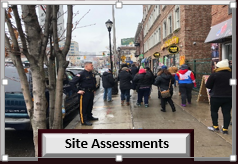 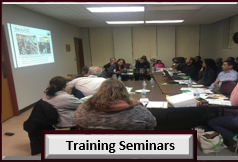 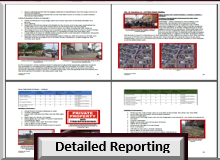
Neighborhood Empowerment and Safety Training
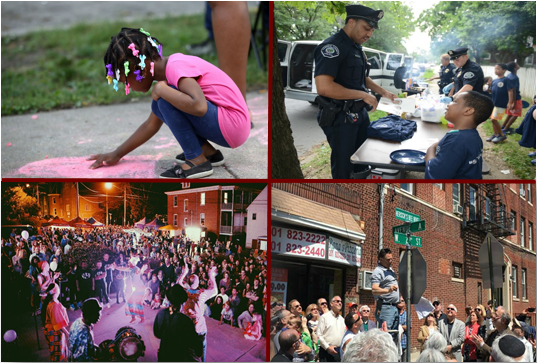
NEST is the Network’s answer to a growing desire within New Jersey for the intersection of community development, resident empowerment, and improved safety conditions through training. NEST works by being a collaborative ground-level process that examines a community’s physical environment, safety conditions, resident capacity, and desired improvements in order to create a roadmap that betters the neighborhood being served. NEST accomplishes this by beginning with and prioritizing resident input in its various assessments of an area, in order to ensure that those living and working within a community have the greatest level of influence in the process. By encouraging as much of a community as possible to have a voice at the table a culture of safety and connectivity can be created that can be carried past the project itself, and into the neighborhoods future.

Why Nest?
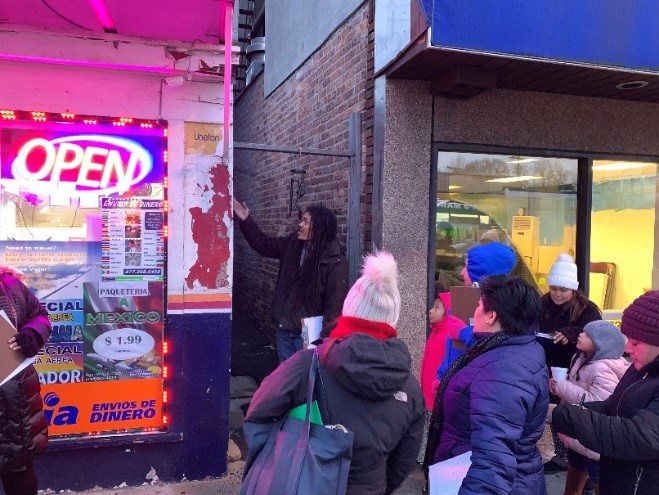 In 2017 the Network undertook training for a community safety program known as Crime Prevention Through Environmental Design, or CPTED. Rather than being an uplifting process that allowed for constructive conversations among all levels of a community CPTED was presented as a top-down program, designed to enact punitive polices and encourage profiling. While some elements of CPTED were sensible, the overall style of implementation regarding the program was seen as detrimental to a community’s empowerment, sense of connectivity, and the relationships with its various institutions. In response, HCDNNJ created NEST. In 2017 the Network undertook training for a community safety program known as Crime Prevention Through Environmental Design, or CPTED. Rather than being an uplifting process that allowed for constructive conversations among all levels of a community CPTED was presented as a top-down program, designed to enact punitive polices and encourage profiling. While some elements of CPTED were sensible, the overall style of implementation regarding the program was seen as detrimental to a community’s empowerment, sense of connectivity, and the relationships with its various institutions. In response, HCDNNJ created NEST.
NEST stands as The Networks redesign of traditional safety models through the incorporation of a community development mindset. This is accomplished through a blending of elements focused on resident empowerment and safety.
 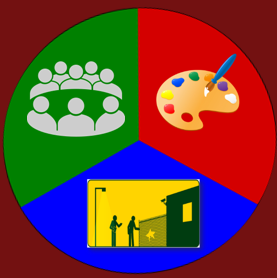
- Resident involvement and prioritized input through NEST can create an empowered and mobilized residency

- The use of the arts as a vehicle for expressing values, a pride in ownership, and creating a platform for interaction are integral to NEST
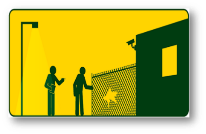 - NEST still retains a focus on the built and natural environment in order to assess an areas inherent safety, but does not seek punitive measures as a response - NEST still retains a focus on the built and natural environment in order to assess an areas inherent safety, but does not seek punitive measures as a response
The Pillars of NEST
NEST contains a series of core principles and values that the Network considers integral to its work. These are known as the pillars of NEST and are as follows:
Community Development Pillars:
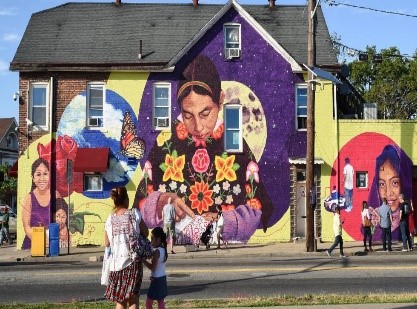 The Arts – The Arts –
The arts remain one of the most versatile forms of expression that an individual or community can use. Arts in their most common forms can signal a shared set of values and goals between a community, while also being used as a medium for communication and increased safety.
- Resident Input and Involvement –
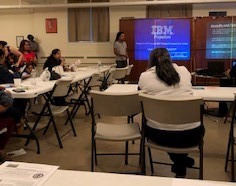
To avoid the classic pitfalls of traditional neighborhood programs NEST prioritizes the concerns, desires, and perceptions of those living within the area in question. Dialogue between the Network, residents, stakeholders, and anchor institutions serves as the roadmap for how the community being served is assessed the results of the process finalized.
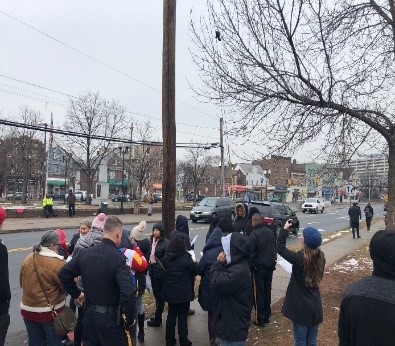 Resident Capacity Building – Resident Capacity Building –
In order to ensure that the steps taken and recommended during the process of NEST can have the longest lasting impacts, the ability for residents to organize, communicate and advocate must be considered. By addressing these factors a community’s true abilities can flourish.
- Sustainable Development –
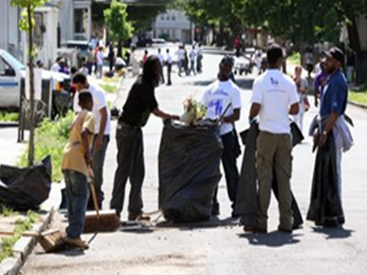
NEST is not a process that should end with the conclusion of the Network’s involvement with a community. By setting up frameworks of organization, communication, and other action plans NEST can create or empower a culture that becomes the foundation for sustainable improvements.
Physical Environment Pillars:
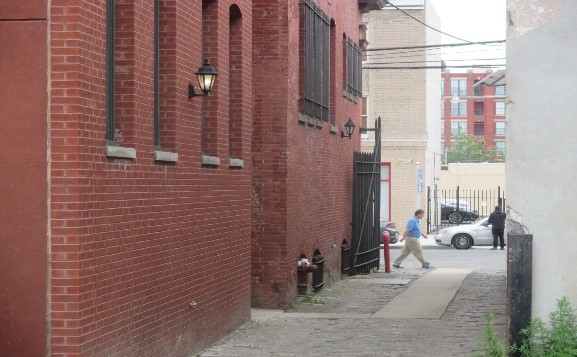
The types of entryways and paths within a space can often affect the behavior of those using them. The location of such fixtures or the unintended usage of them can create a situation that is difficult to control or monitor. It is often said that first impressions are everything, and entrances and their subsequent avenues are typically just that for an area.
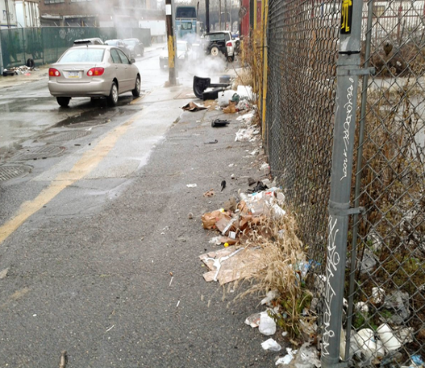 Maintenance and Visual Appearance – Maintenance and Visual Appearance –
The physical state of an area is often one of the best metrics one can use for judging the level of care and attention given to an area. Locations that are well kept, in working order, and visually appealing usually signal to others that the space in question frequented and monitored.
- Lighting and Surveillance –
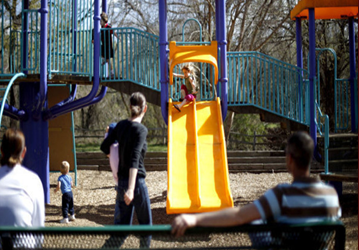 The ability for community-members to keep an eye on another or monitor an area is one of the best detriments against unwanted behavior. It is fairly common knowledge among all people that nobody wants to be seen acting in ways that they shouldn’t be, and sufficient measures to increase one’s ability to be seen often prevent this. The ability for community-members to keep an eye on another or monitor an area is one of the best detriments against unwanted behavior. It is fairly common knowledge among all people that nobody wants to be seen acting in ways that they shouldn’t be, and sufficient measures to increase one’s ability to be seen often prevent this.
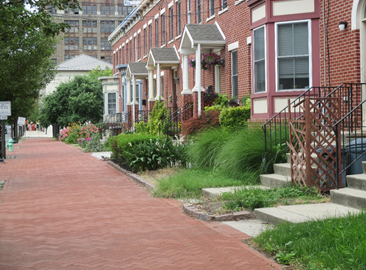 Boundaries and Markers – Boundaries and Markers –
The use of visuals and aesthetics to clearly mark an area for an intended purpose can also deter unwanted behavior in both public and private areas. These can take the form of the use of space to create buffer zones, or clear designations of a spaces perimeter.
What Can NEST Do?
Due to the unique identities and conditions within New Jerseys many municipalities, The Network is ready to conduct NEST through a variety of packages.
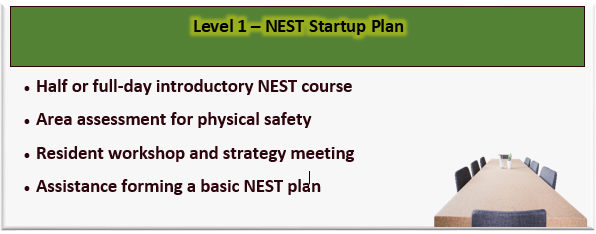
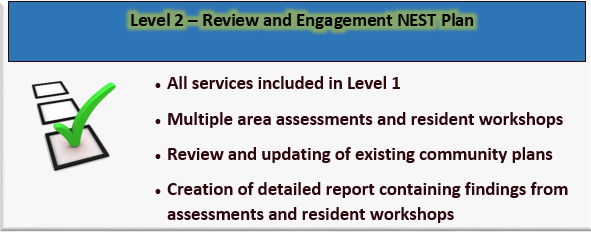
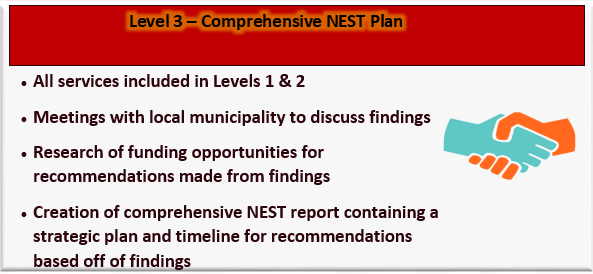
Community Healing
NEST at its core has always been about ensuring that the residents of an area being served are at the forefront of the discussion and empowerment process. While the challenges of bridging divides and rebuilding a sense of community in the wake of these tragedies are ones that will no doubt be difficult, the Network knows that they must occur regardless, and that NEST can be one of the many parts of the process.
COVID-19 -
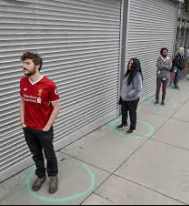 The social distancing requirements combined with the economic hardships created by COVID-19 have placed a strain on many neighborhoods sense of community in a way never seen in our century. A community is built upon interactions with one another, and cannot thrive when its members live in seclusion. Unfortunately, the act of curbing the spread of COVID-19 has required many neighborhoods within New Jersey to almost completely socially shut down. As we begin to re-open our neighborhoods following this pandemic the need to rebuild and strengthen these bonds will be higher than ever. The social distancing requirements combined with the economic hardships created by COVID-19 have placed a strain on many neighborhoods sense of community in a way never seen in our century. A community is built upon interactions with one another, and cannot thrive when its members live in seclusion. Unfortunately, the act of curbing the spread of COVID-19 has required many neighborhoods within New Jersey to almost completely socially shut down. As we begin to re-open our neighborhoods following this pandemic the need to rebuild and strengthen these bonds will be higher than ever.
Community Protests –
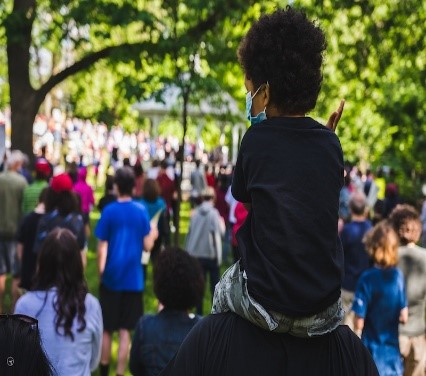
The killing of George Floyd exposed staggering issues regarding relations between ethnic minorities and the authorities that serve their neighborhoods. Many communities have either lost or had a sense of trust between each-other and their local governments eroded due to poor practices and treatment. It is well known that these often systemic issues must be addressed, and that success is achieved when those most affected are given priority in steering the healing and reforming processes.
Healing with the Arts –
 The use of multiple forms of art in the wake of any difficult event or tragedy is almost always essential in creating avenues of communication, uplifting new voices to the public, and for creating an expressive platform for a healing process. While the situations our state and community face during these times are unique, the use of the arts as a tool for responding to them is a solution as old as time itself. The Network believes that the arts are not only essential in any major healing process for a community, but are also one of the most versatile methods for achieving it. The use of multiple forms of art in the wake of any difficult event or tragedy is almost always essential in creating avenues of communication, uplifting new voices to the public, and for creating an expressive platform for a healing process. While the situations our state and community face during these times are unique, the use of the arts as a tool for responding to them is a solution as old as time itself. The Network believes that the arts are not only essential in any major healing process for a community, but are also one of the most versatile methods for achieving it.
Contact Us
The Network has certified trainers on staff with extensive experience working in diverse communities across New Jersey. We can:
- Strengthen neighborhoods by having residents and local organizations/businesses work together to address the safety needs of their community to develop a NEST plan.
- NEST brings together residents, local places of worship, police, local businesses and non-profits to address crime prevention and safety in a collaborative way.
- Work with your organization to revitalize an existing crime prevention or neighborhood plan.
Contact Sharon Barker, VP and COO at [email protected] / 609-393-3752
or Kelvin Boddy, Community Building Coordinator at [email protected] / 609-393-3742 Ext. 2100
To date the Network has conducted NEST seminars and projects across the state with a variety of entities and partners!
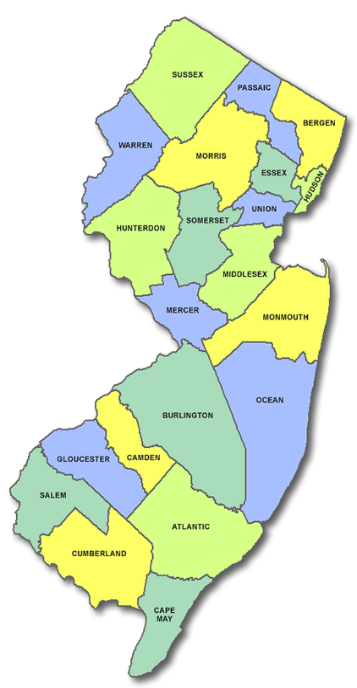
The Network gratefully acknowledges support from the PSEG Foundation in this effort. |